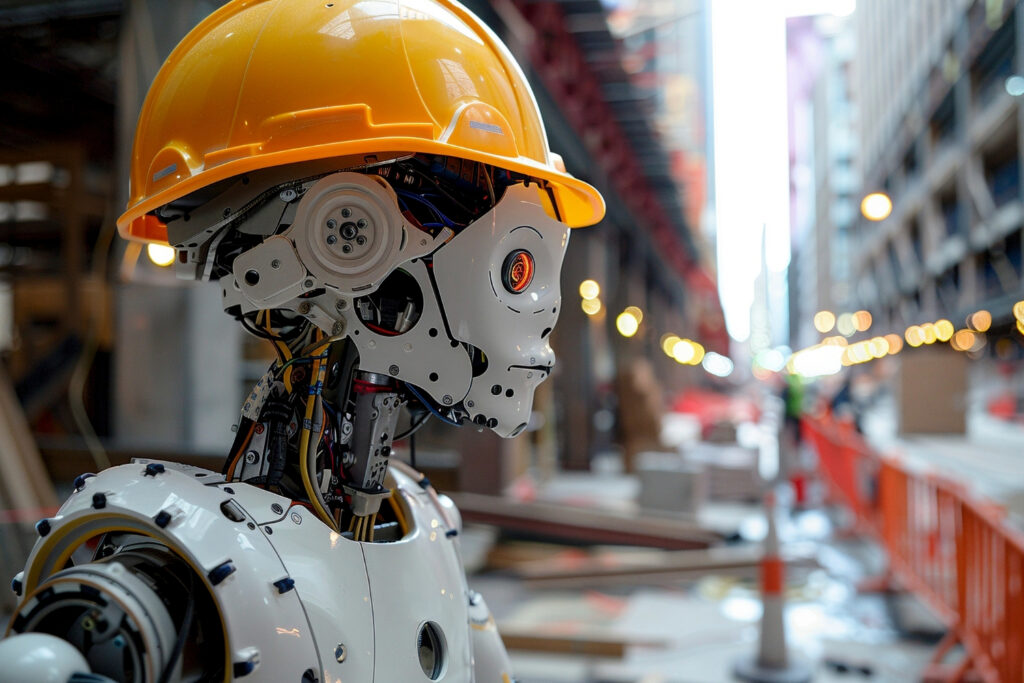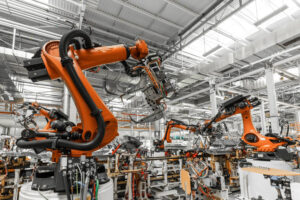The manufacturing landscape is rapidly evolving, driven by technological advancements and the need for increased efficiency. One of the most significant transformations in recent years has been the integration of Artificial Intelligence (AI) into production lines. This shift towards smarter manufacturing processes is not just a trend but a necessity for staying competitive in today’s market.
Understanding AI in Manufacturing
AI refers to the simulation of human intelligence in machines designed to think and learn like humans. In manufacturing, AI applications range from predictive maintenance and quality control to supply chain optimization and autonomous machines. The primary advantage of AI lies in its ability to process vast amounts of data quickly, enabling manufacturers to make informed decisions and improve overall operational efficiency.
Key Benefits of Integrating AI into Production Lines
Enhanced Efficiency: AI streamlines operations by automating repetitive tasks and optimizing workflows. This reduces downtime and increases production speed, allowing manufacturers to meet high demand with fewer resources.
Improved Quality Control: Real-time monitoring and defect detection systems powered by AI ensure that products meet stringent quality standards. This reduces the likelihood of recalls and enhances customer satisfaction.
Predictive Maintenance: AI algorithms can predict equipment failures before they occur, allowing for timely maintenance and reducing unexpected downtimes. This not only saves costs but also extends the lifespan of machinery.
Optimized Supply Chain Management: AI helps in managing inventory levels, forecasting demand, and optimizing logistics. This ensures that materials are available when needed, reducing delays and minimizing storage costs.
Cost Savings: By automating processes and improving resource allocation, AI reduces operational costs. This includes savings from reduced labor costs, lower error rates, and decreased material wastage.
Challenges and Considerations
Integrating AI into manufacturing is not without challenges. Common obstacles include the high initial investment, the need for high-quality data, and the requirement for workforce training. However, these challenges can be mitigated with proper planning and execution. Ensuring data quality is crucial, as AI systems rely on accurate and relevant data to function effectively. Additionally, manufacturers must invest in training their workforce to adapt to new technologies and workflows.
Future Trends in AI and Manufacturing
The future of AI in manufacturing looks promising, with several emerging trends set to revolutionize the industry further. These include the use of AI for advanced robotics, real-time data analytics, and the development of fully autonomous factories. As AI technology continues to evolve, it will bring about even more significant improvements in efficiency, quality, and cost-effectiveness.
AI has the potential to transform manufacturing by making production lines smarter, more efficient, and highly adaptable. Embracing AI is no longer optional but essential for manufacturers looking to stay competitive and achieve long-term success. For those ready to take the next step, JHT Software Limited offers bespoke AI solutions tailored to the unique needs of manufacturing companies. Contact us today to discover how we can help you integrate AI into your production processes.




